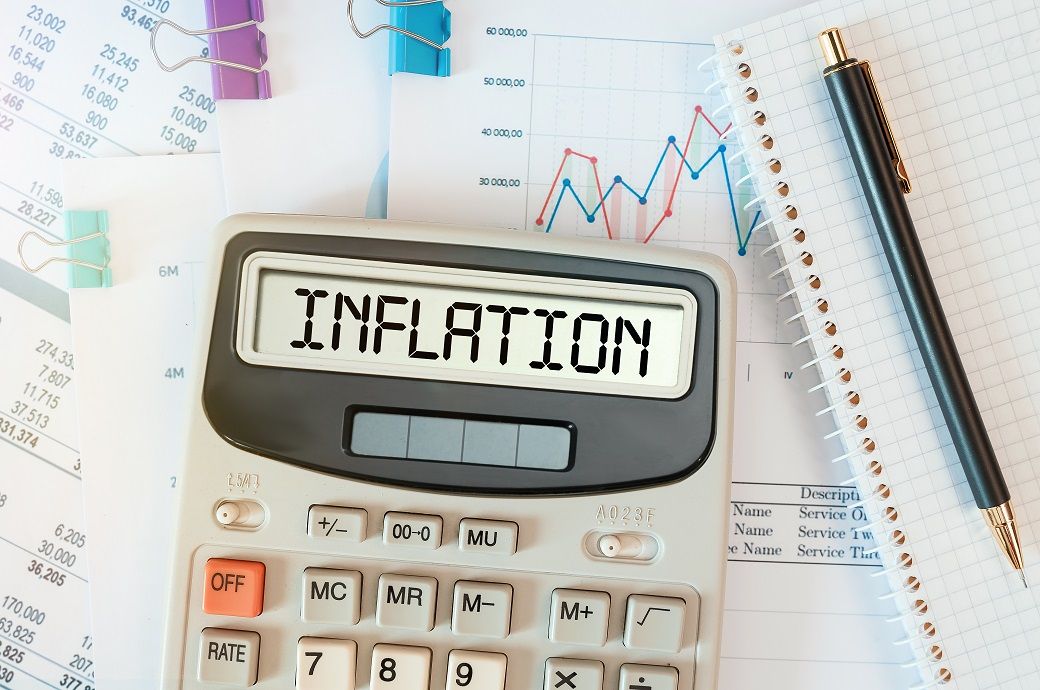
In August, it rose in 15 of the 38 OECD countries, declined in 13 and was stable or broadly stable in the remaining 10.
Costa Rica fell further into deflation in August and inflation remained close to zero in Switzerland. Inflation was above 5 per cent in Colombia and Estonia, and above 30 per cent in Turkiye, an OECD release said.
Energy inflation in the OECD countries also rose in August, reaching 0.7 per cent, compared with 0.3 per cent in July, while core inflation edged down slightly to 4.3 per cent.
In the G7, YoY headline inflation remained broadly stable at 2.7 per cent in August. It increased by 0.2 percentage point (pp) in Canada, Germany and the United States.
By contrast, it fell in Japan, reflecting a decline in food inflation and an even stronger decline in energy inflation.
Core inflation remained the main contributor to headline inflation across the G7 except in Japan, where food and energy inflation combined had a larger impact.
In the euro area, YoY inflation, as measured by the harmonised index of consumer prices (HICP), remained stable in August, at 2 per cent for the third consecutive month. The decline in energy prices slowed.
In the G20, YoY inflation remained broadly stable at 3.7 per cent in August. Headline inflation fell in China, where it was minus 0.4 per cent. It also fell in Argentina (still above 30 per cent) and South Africa, while it rose in India. It was broadly stable in Brazil, Indonesia, and Saudi Arabia.
ALCHEMPro News Desk (DS)
Receive daily prices and market insights straight to your inbox. Subscribe to AlchemPro Weekly!